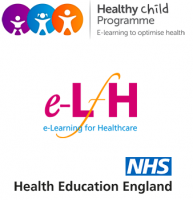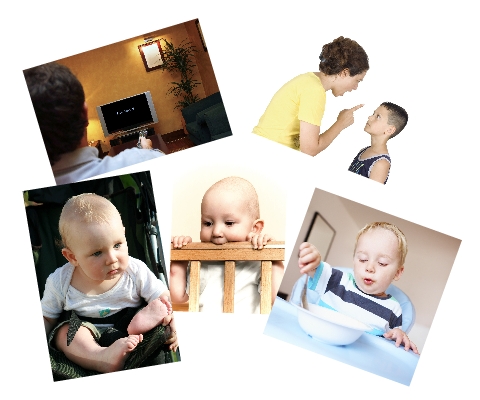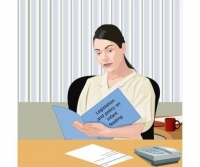Obesity Prevention in Children course



This session examines the key lifestyle areas that are important when tackling obesity prevention, and considers the importance of motivation, parenting skills and practitioner qualities when working with families.
This session was reviewed by Lucy Pylypiw and updated in February 2017.
Learning Objectives
By the end of this session you will be able to:
- Identify obesity risk factors and growth patterns that are linked to child obesity
- Explain the need for a holistic approach to obesity prevention and what it entails
- Describe the key elements of a healthy lifestyle
- Describe the key parenting skills that support a healthy family lifestyle and why emotional well-being is so important
- Recognise how hard behaviour change can be, and how best to support families to adopt a healthier lifestyle
This session introduces you to the evidence base for, and an approach to, working with parents of babies and toddlers to help them achieve a healthier family lifestyle and prevent obesity
Candida Hunt is a parenting educator and training consultant who specialises in healthy lifestyle and childhood obesity prevention. She is currently Programme Director for HENRY (Health, Exercise and Nutrition for the Really Young), which she founded in 2007 with Professor Mary Rudolf, having previously developed a family-based child obesity intervention, Families for Health, for the University of Warwick.
She was a founding director of the parenting charity Family Links, and author of The Parenting Puzzle – How to Get the Best out of Family Life, the Nurturing Programme coursebook. She also runs a private counselling practice.


Mary Rudolf is a consultant paediatrician and Professor of Child Health in Leeds, UK. She has a special interest in the epidemiology, treatment and prevention of child obesity and has led on three interventions aiming to tackle obesity – WATCH IT, EMPOWER and HENRY.
She is author of Tackling Obesity through the Healthy Child Programme: A Framework for Action and Identifying Obesity Risk in the Early Years, both published on the UK National Obesity Observatory site.
She is on two Expert Advisory Groups to the Department of Health – Healthy Weight Healthy Lives and the Healthy Child Programme.
- End of Life Care | Specialist care | Tracheostomy ...
- Posted By eIntegrity Healthcare e-Learning
- Posted Date: 2025-01-10
- Location:Online
- This session covers basic knowledge required to keep patients safe if they have a tracheostomy and laryngectomy, including:<br><br>• Humidification<br>• Stoma care<br>• Securing the tube<br>• Maintenance: suction, inner tubes and c
- End of Life Care | Specialist care | Palliative ca...
- Posted By eIntegrity Healthcare e-Learning
- Posted Date: 2025-01-10
- Location:Online
- This session will discuss the features of some of the more common neuromuscular disorders, the physical and psychological issues which present with such disorders and the current practice for symptom control in palliative care.
- End of Life Care | Specialist care | Non-invasive ...
- Posted By eIntegrity Healthcare e-Learning
- Posted Date: 2025-01-10
- Location:Online
- Non-invasive ventilation (NIV) is an intervention which can improve both quality of life and survival for patients with motor neurone disease (MND). This session outlines the evidence base and practicalities of this important treatment option for patients
- End of Life Care | Specialist care | Intrathecal d...
- Posted By eIntegrity Healthcare e-Learning
- Posted Date: 2025-01-10
- Location:Online
- This session provides an overview of intrathecal drug delivery (ITDD) for the management of cancer pain. It aims to enhance the understanding of which patients may benefit from this approach and the principles which govern the safe use of ITDD systems. It
- End of Life Care | Specialist care | I'm not lovea...
- Posted By eIntegrity Healthcare e-Learning
- Posted Date: 2025-01-10
- Location:Online
- This session explores the concerns patients and their partners may have about intimacy and sex when approaching the end of life. It examines the challenges this raises for professionals and how most effectively to approach the topic. This session was revi








